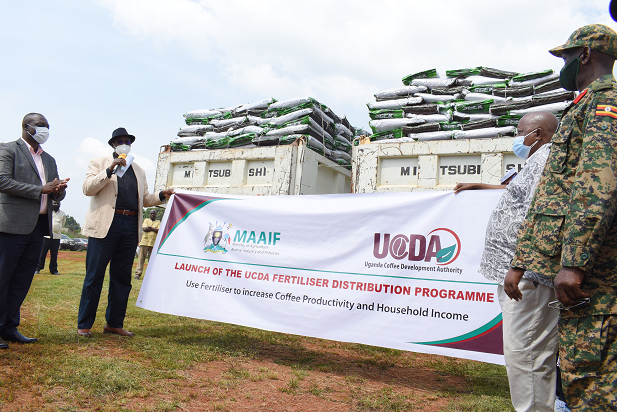Kenya’s decision to re-open its market for Uganda’s produce mainly grain has eventually led to the increase in the price of other agricultural products in the country. In March, Kenya’s Ministry of agriculture suspended the importation of Uganda’s maize and other agricultural produce citing safety concerns.
The ministry claimed that Ugandan’s maize contained high levels of afflatoxins beyond the permitted levels. The surveillance also found out that some of the agricultural foods from Uganda were not organic. However, Kenya lifted the ban on Uganda’s cereal especially maize and opened its borders to other agricultural products like tomatoes and onions.
Produce traders in Kampala; say the opening of Kenya’s borders to Uganda’s maize and other agricultural products have seen Kenyan traders descend on the local market to buy directly from Ugandan farmers at a higher price leading to an increase in tomato prices.
Rose Namusisi, a businesswoman in Kalerwe dealing in tomatoes, onions, carrots and green pepper, says that the demand for tomatoes in Kenya and South Sudan has forced prices in Uganda to shoot up. Currently, a box of tomatoes costs between Shillings 380 000 – 420 000.
In February and early March, the same quantity was going for about Shillings 260, 000 and 280, 000. This has eventually affected the price of tomatoes for local consumers. Mary Namukisa, who runs a restaurant in Kamwokya, wonders why tomatoes have lately become expensive.
She says she has resorted to buying small sizes and low quality tomatoes sold in heaps. She says that compared to good quality tomatoes, the small ones are affordable. “I buy from the roadside vendors in heaps. I buy for three or five thousand and it works for me,” She said in an interview with URN.
Kalerwe market that supplies most parts of Kampala city vegetables and tomatoes, four tomatoes go for Shillings 1,000. In other markets, two tomatoes cost Shillings 1000. The same used to go for Shillings 500 shillings and a heap Shillings 1, 000 before the Kenyan’s exports.
However, some traders say the long dry spell affected tomato production by local farmers in Uganda. Jackson Muhangusi, a trader at Kalerwe, says that the dry weather has created low production hence high prices.
When our reporter visited Nakawa Market, tomato sellers said the high prices have forced them to push the burden to the final consumer. A section of sellers expressed worries as to whether they can recover the high cost of operating business.
Jasper Baguma from Nakawa market says they now sell 5 pieces of tomatoes at Shillings 2, 000. The same tomatoes used to go for Shillings 1000. Godfrey Wahab, a vendor in Nakasero Market says they have also increased the price. For example, a kilogram now cost Shillings 3500 up from Shillings 2, 000 in early in March. He explains that because of high price, they only sell tomatoes of Shillings 3000 onward.
Edgar Kigozi, another vendor in Nakasero market has attributed the high price of tomatoes on the local market to demand from neighboring countries including Kenya and South Sudan. He says business people from the two countries are buying tomatoes from Uganda for export to their countries.
Similarly, other vegetables such as green pepper and carrots have also seen a price increment. For example, green pepper costs between Shillings 200, 000 and 210,000 a bag up from Shillings 160, 000 in February. The price for Irish also shot up, according to Moses Kagwa, a businessman in Kampala who buys Irish from Isingiro and Kisoro farmers.
Tomato Prices Increase On Long Dry Spell, Demand From Kenyan Market






Am among the tomato farmers so i need to know the price tomato box in uganda?